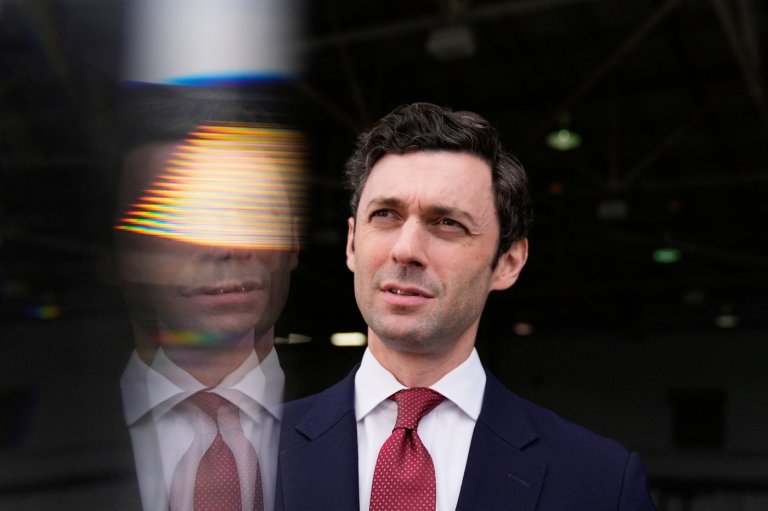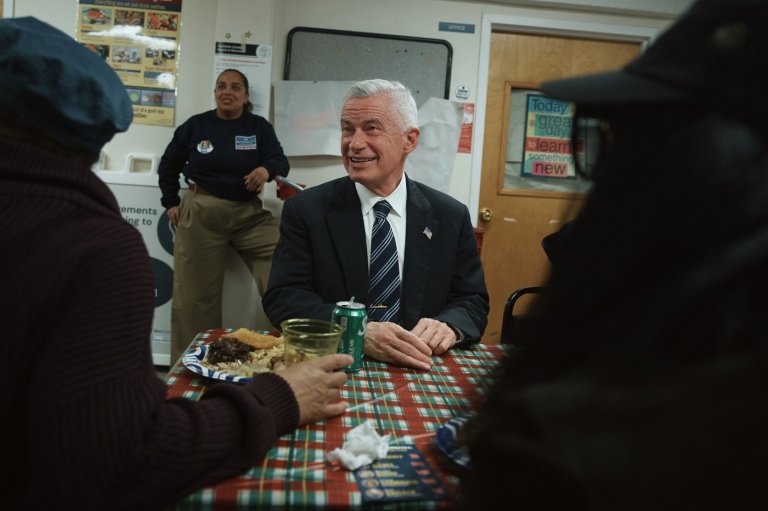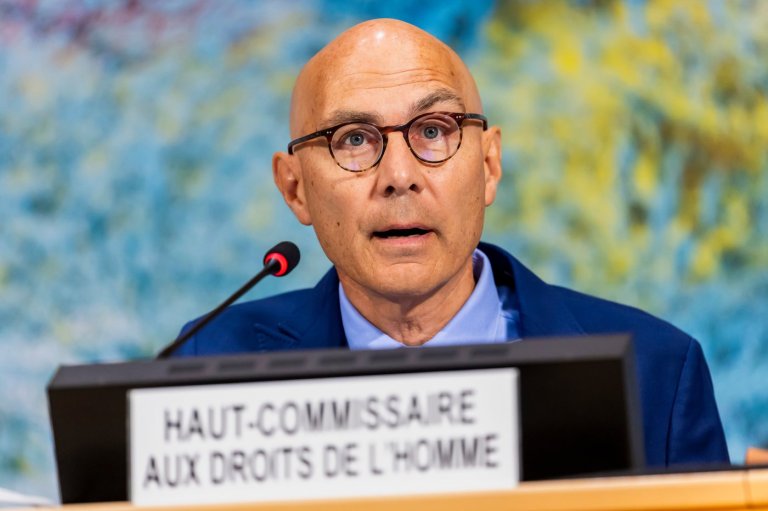Muscogee chief blocks tribal IDs for the descendants of Freedman amid a review
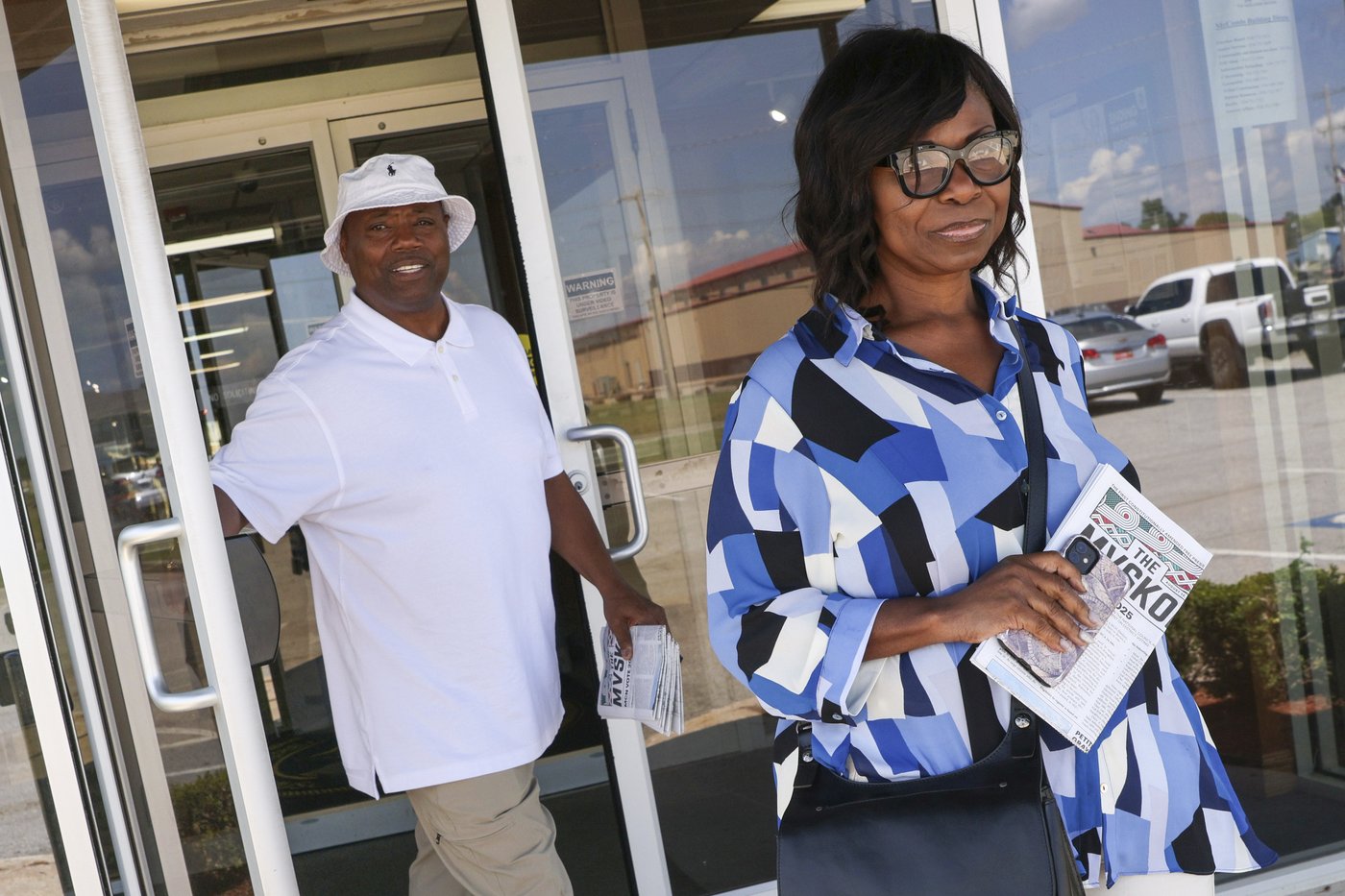
OKMULGEE, OK (AP) — Black descendants of Freedmen who are seeking Muscogee Nation citizenship will have to wait for tribal IDs after Chief David Hill on Thursday blocked the tribe’s citizenship board from issuing them until leaders decide how to change the tribe’s constitution.
The move comes weeks after the Muscogee Nation’s supreme court ruled that descendants of Black people who were once enslaved by the tribe are entitled to citizenship, striking down a constitutional requirement adopted in the 1970s that citizens be Muscogee “by blood.” The new ruling opened the door for Freedman descendants to apply for citizenship, however the chief said Thursday that the court had overstepped its authority.
Amending the constitution is a power reserved to the tribal council and a vote of tribal citizens, Hill wrote in his executive order, and the court’s decision has “the potential for creating a constitutional crisis within the Nation.”
Under his executive order, the Muscogee Nation’s citizenship board can keep accepting applications from Freedmen descendants, but should not process them or issue ID cards until the tribal council conducts a review. The council must decided what the new requirements for Freedmen citizenship will be, suggest the needed changes to the tribal constitution, and then adopt those changes, he said.
The dispute centers on the tribe’s 1979 constitution, which erased automatic citizenship for descendants of Freedman. The Muscogee Nation is one of five tribes in Oklahoma that practiced slavery, up until an 1866 treaty with the U.S. government in which the tribe abolished slavery and made formerly enslaved people into citizens.
In July, the court ruled that the Citizenship Board violated that treaty when it denied the applications of Rhonda Grayson and Jeffrey Kennedy in 2019 because they could not identify a lineal descendant of the tribe.
Last week, Grayson and Kennedy attempted to obtain tribal IDs but the Citizenship Board said it needed guidance from the tribe’s attorney general. Their lawyer asked the court to hold the board in contempt, accusing it of a “willful delay” to prevent the pair from voting in September’s tribal elections. The court denied the request Thursday.
Grayson believes citizenship is a way to reclaim a piece of her identity and lineage. She said the tribe’s leaders are resisting what the court already decided, and that Freedman descendants will keep submitting applications.
“I hope this is not a glimpse of how Freedmen descendants will be treated once we reclaim our rightful place within the Nation,” Grayson said in a statement to The Associated Press.
A spokesperson for the chief rejected Grayson’s claims that the tribe is trying to disenfranchise Freedmen descendants.
“As the MCN Supreme Court just acknowledged in denying the contempt filing, the nation needs time to establish processes,” Jason Salsman said. “Any assertion otherwise is irresponsible political theater.”
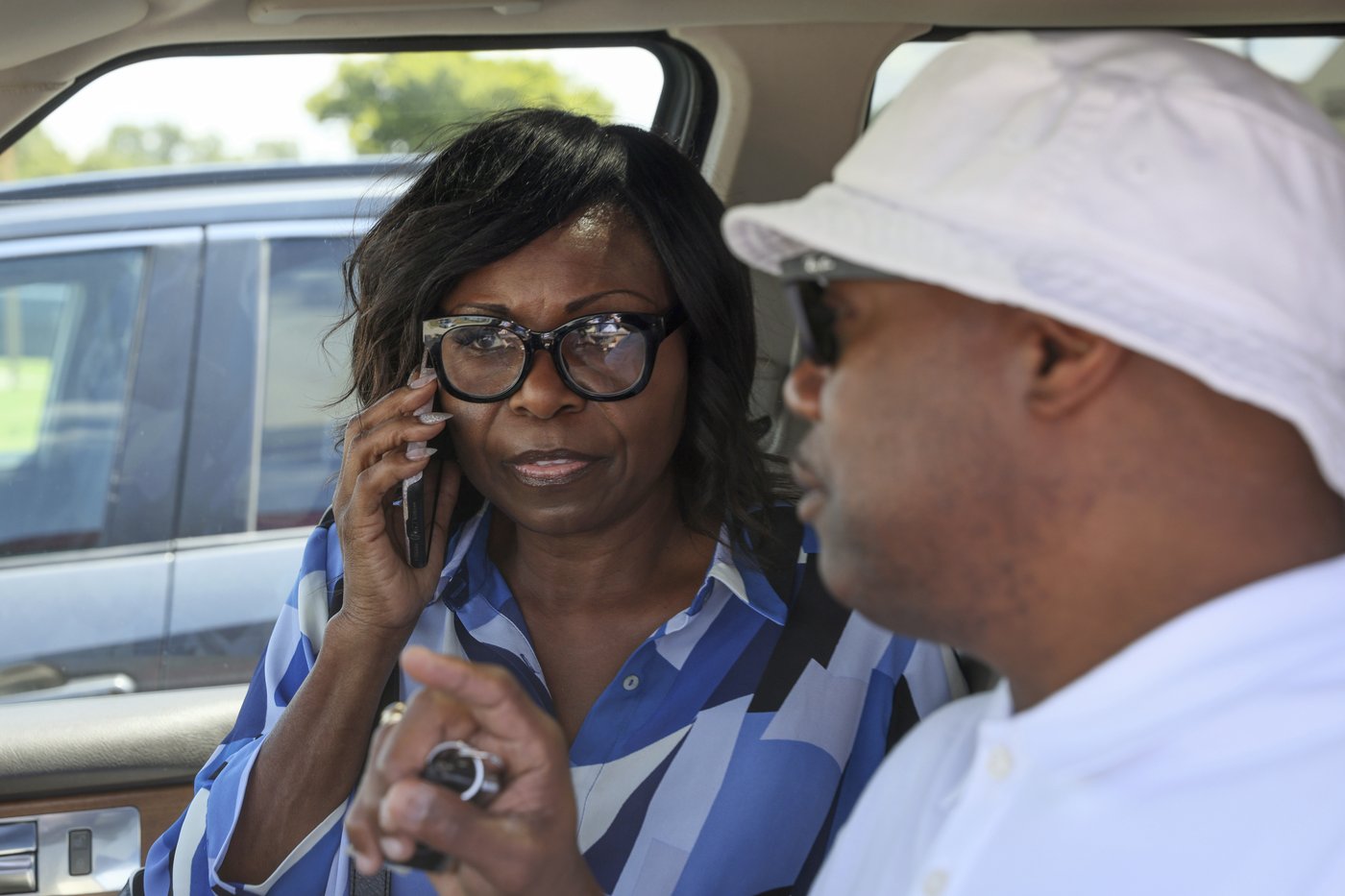
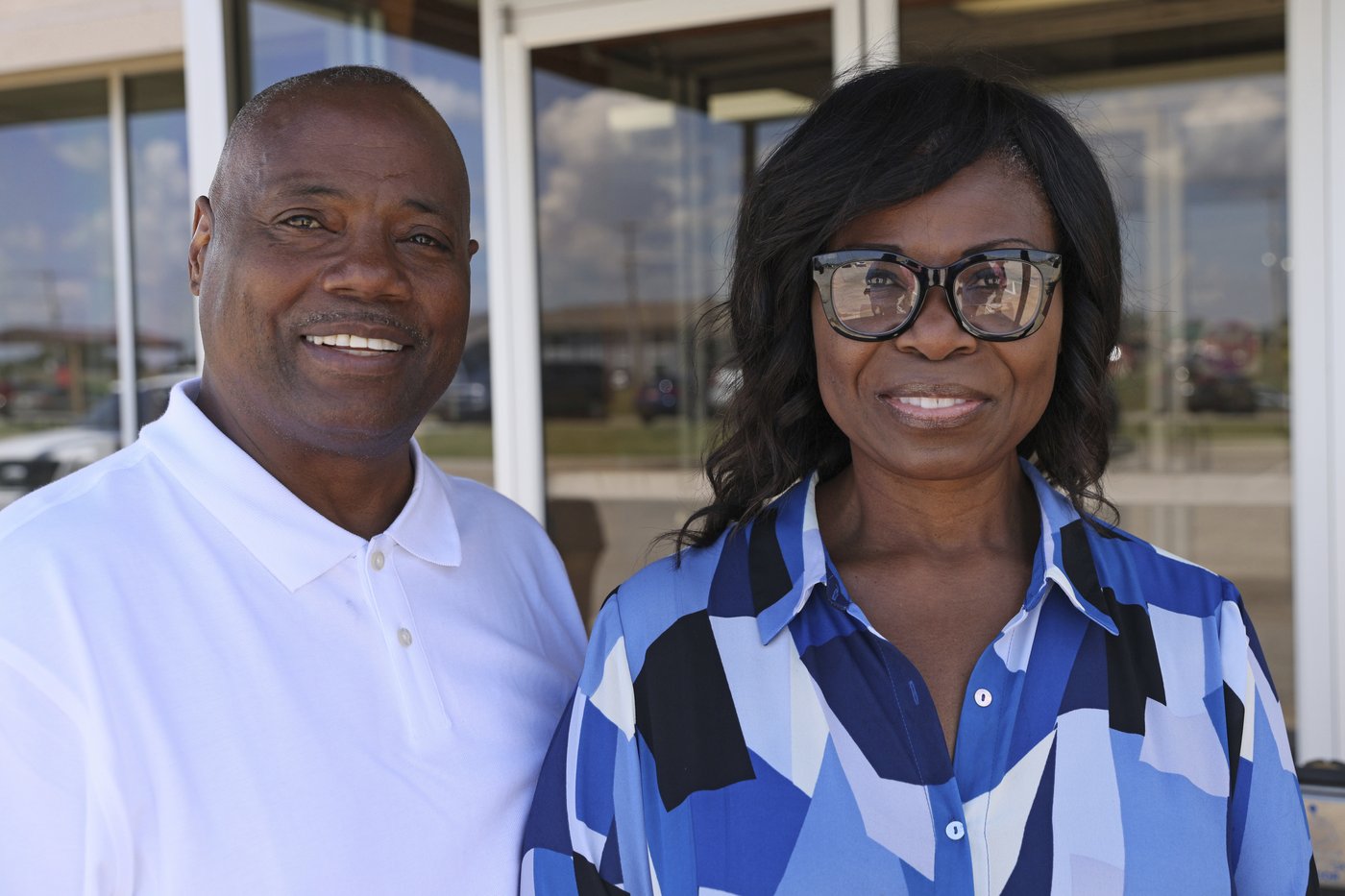
Join the Conversation!
Want to share your thoughts, add context, or connect with others in your community?
You must be logged in to post a comment.













